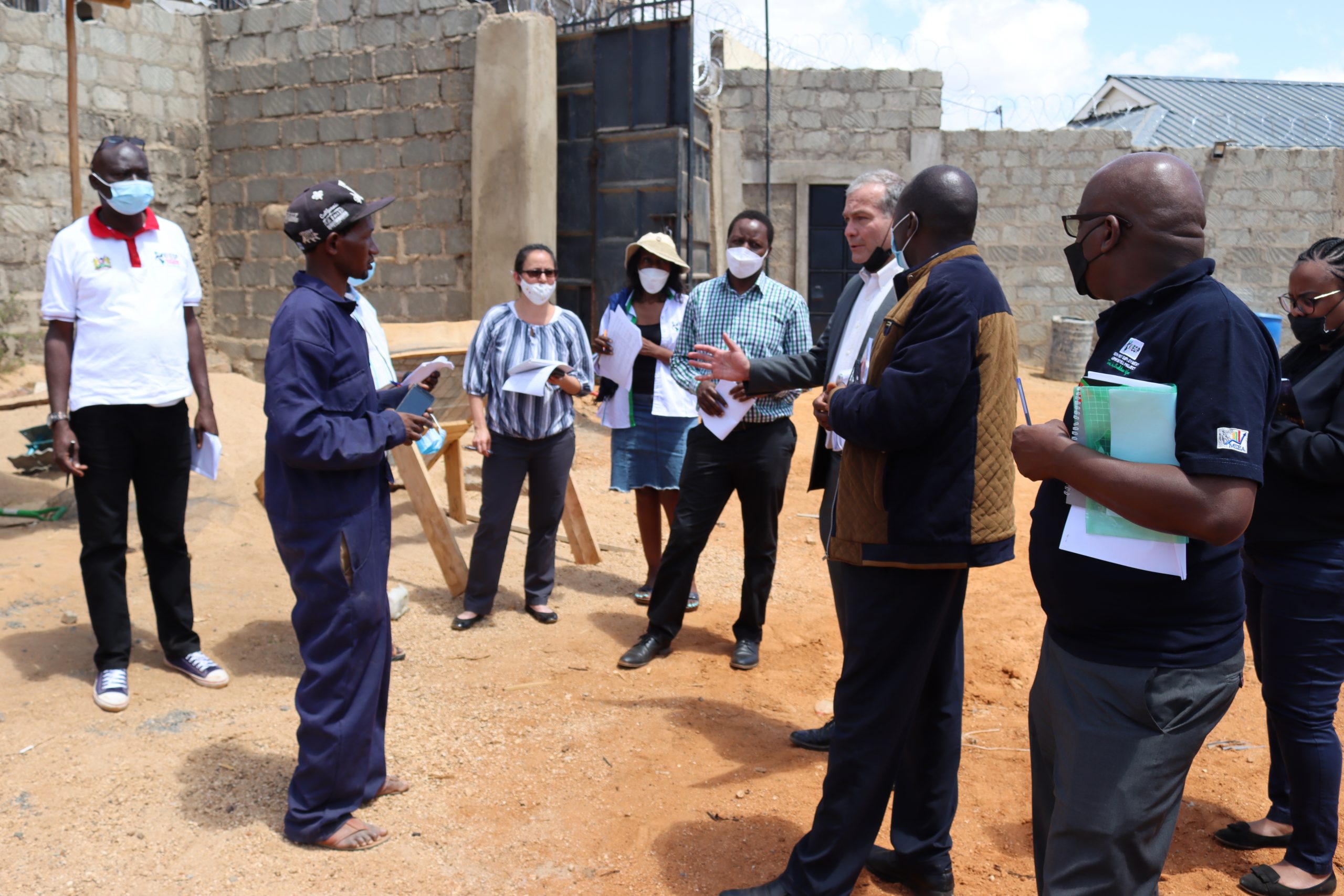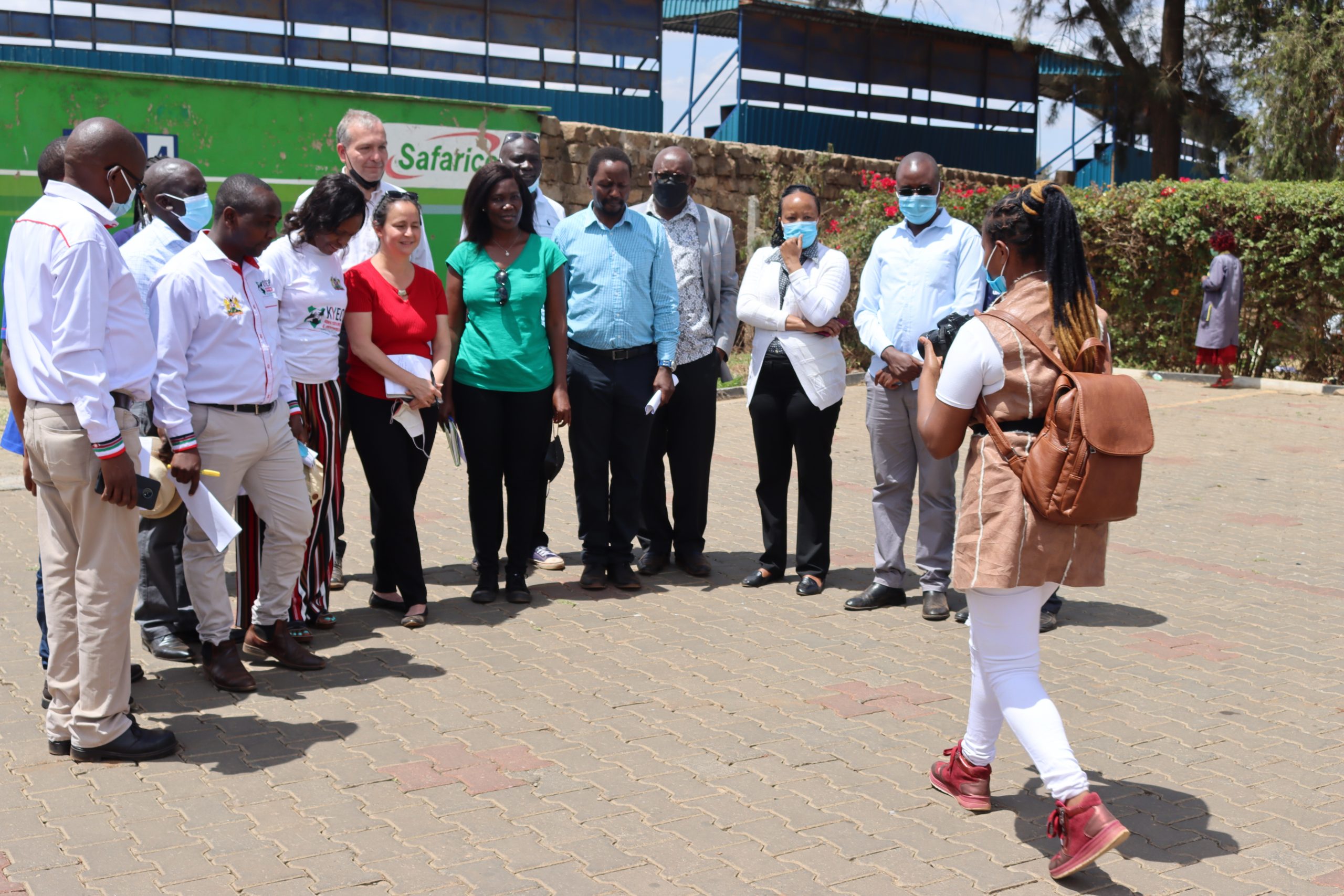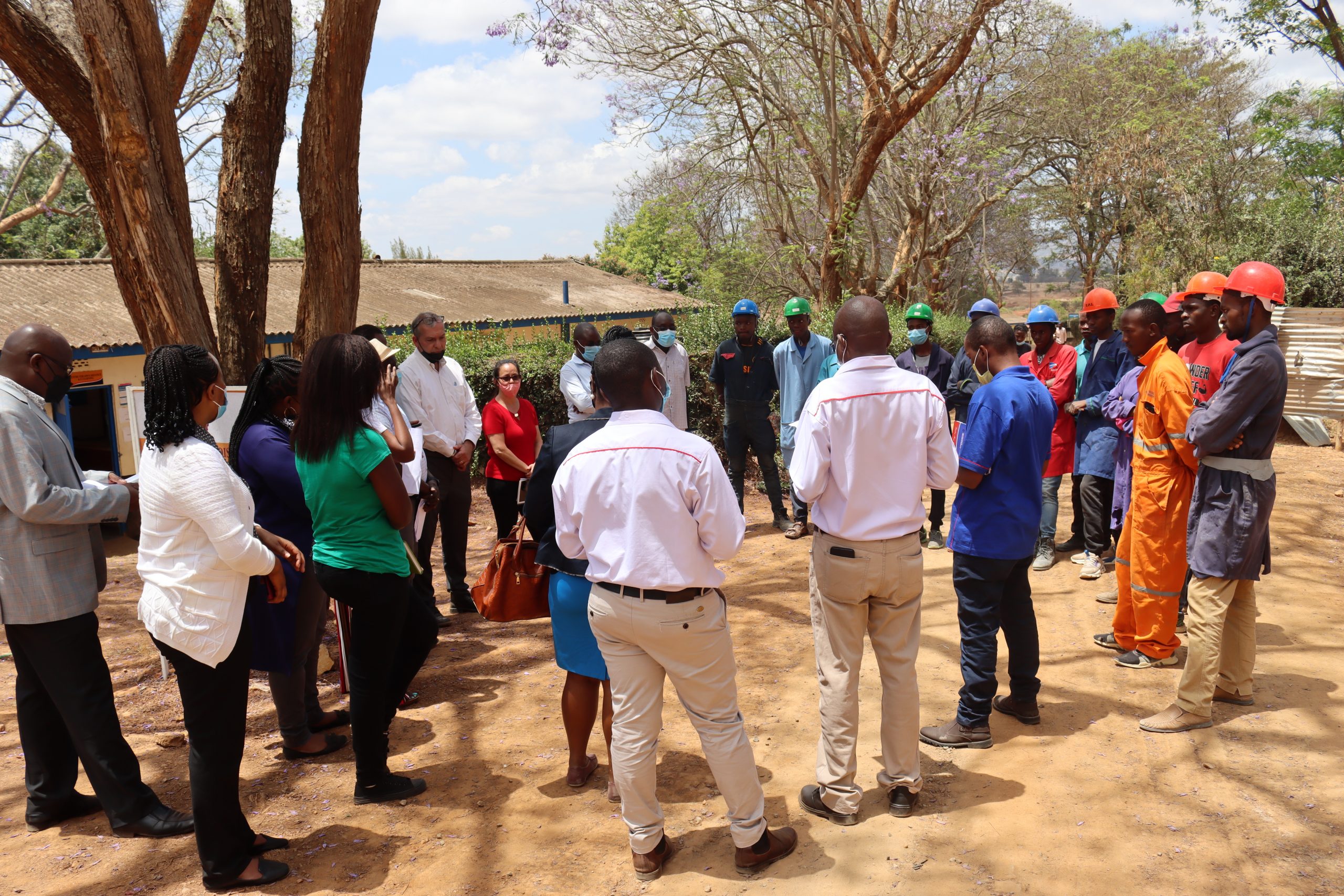The joint team of the World Bank and agencies implementing the youth employment project have concluded field visits to check how activities in the various components are progressing.
Known as the Implementation Support Mission (ISM), the field visit is part of the project’s strategy of reviewing achievements made and challenges being experienced and through that provide necessary interventions.
The Kenya Youth and Employment Project (KYEOP) team led by Mr Peter Muthini and officers in charge of different components and the implementing partners participated in the visit which was to review progress made in the various components of the project. In turn, the outcomes of the review would assist in service delivery and meeting the project’s expected results. The implementing agencies are Micro and Small Enterprise Authority (MSEA) and the National Industrial Training Authority (NITA)
The field visit was conducted in sample counties, Kitui, Machakos and Kiambu. Several youth businesses visited are doing well and have a room of improvement and expansion. However, a few have serious challenges A MbeleNaBiz awardee in Mwingi is not in a position to run her fast-food eatery due to interference from family members.
“Generally the innovations and inventions are impressive and dynamic in line with the various components from the issuance of the small and big grants through MSEA and MbeleNaBiz, training and Internship component and the future bora and seeing the results is encouraging,” said Mr. Paulo Belli, the Practice Manager at the World Bank.
This year ISM targeted the newly launched programme called the Future Bora Initiative. The Initiative seeks to catalyze interventions that expand economic opportunities for the most vulnerable and under-served youth such as orphans, persons with disabilities, single mothers, youth affected by conflict, street youth and those from vulnerable and marginalized communities, between the age of 18 and 29 years.
By supporting interventions that are tailored to the local needs of the most vulnerable youth, the initiative aims to reduce the obstacles that these youth face while seeking employment and income generation opportunities.

IMG_7345

IMG_7472

IMG_7483
The team visited two firms that had been awarded the Future Bora grants and observed that they were making good progress with their activities. The firms were encouraged to focus more on empowerment, employment and training of the targeted groups.
The team also visited a MbeleNaBiz awardee who indicated that she had changed her business plan because of the challenges in the region that required her to dig a borehole yet the funding was inadequate.
Mr. Muthini, the Deputy National Project Coordinator, commended the team for the good work and assured them that their views would be captured on the Aide Memoir for future reference and action plan.


